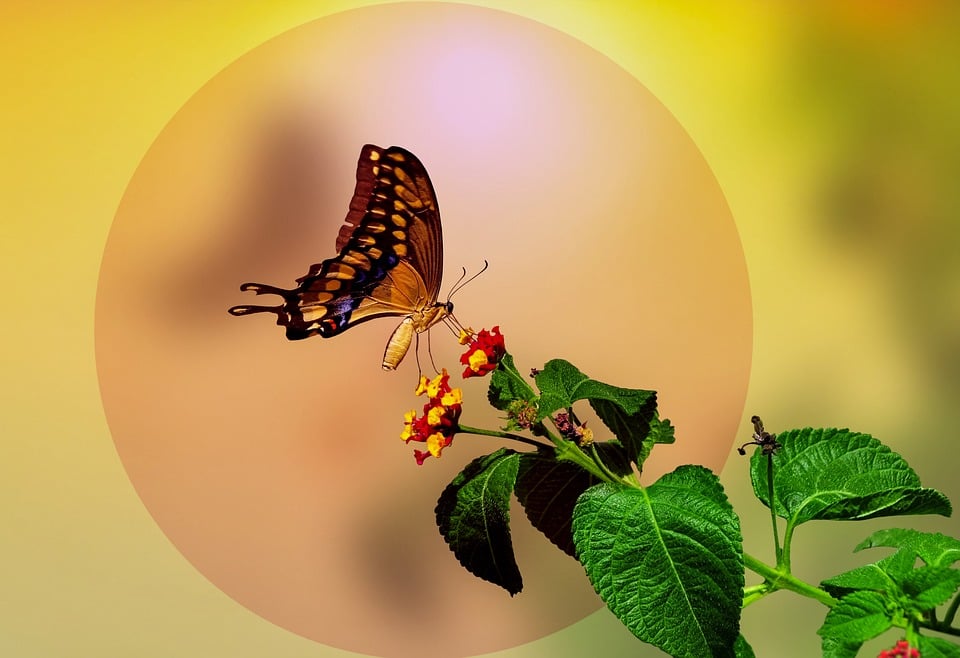In today’s society, the concept of gender roles has undergone significant evolution, especially in popular culture. From traditional stereotypes to more diverse and inclusive representations, the portrayal of gender in movies, music, television, and other forms of media has a profound impact on societal norms and values. This article will explore the evolution of gender roles in popular culture and its effects on society, shedding light on historical context, current state, and future predictions.
Historical Context: From Stereotypes to Diversity
Historically, popular culture has been rife with stereotypical portrayals of gender roles. Women were often depicted as homemakers, caregivers, or damsels in distress, while men were portrayed as breadwinners, leaders, or action heroes. These narrow representations reinforced traditional gender norms and limited the opportunities for individuals to express themselves authentically.
However, as society evolved and awareness of gender equality grew, popular culture began to reflect more diverse and inclusive gender roles. Characters in movies, TV shows, and music started breaking free from traditional stereotypes, showcasing a wide range of identities and experiences. From strong female leads in action movies to sensitive male characters in romantic comedies, the portrayal of gender in popular culture became more nuanced and complex.
Current State: Breaking Barriers and Challenging Norms
In the present day, popular culture continues to push boundaries and challenge societal norms around gender roles. More and more artists, creators, and influencers are using their platforms to advocate for gender equality and representation. Female musicians are singing about empowerment and self-love, male actors are taking on emotionally vulnerable roles, and non-binary individuals are gaining visibility in mainstream media.
Moreover, popular culture is increasingly exploring intersectional identities that go beyond traditional notions of gender. TV shows like “Pose” and “Orange is the New Black” feature transgender characters, while movies like “Moonlight” and “Call Me By Your Name” depict same-sex relationships with depth and authenticity. These diverse representations not only provide visibility for marginalized communities but also foster empathy and understanding among audiences.
Future Predictions: Towards a More Inclusive Society
Looking ahead, the future of gender roles in popular culture points towards a more inclusive and equitable society. As artists and creators continue to challenge the status quo and amplify diverse voices, we can expect to see even greater representation of gender diversity in mainstream media. This shift will not only empower individuals to express their authentic selves but also contribute to the dismantling of harmful stereotypes and biases.
In the coming years, we may witness more LGBTQ+ characters in movies and TV shows, more gender-fluid musicians topping the charts, and more non-binary models gracing magazine covers. The growing acceptance and celebration of diverse gender identities in popular culture will not only enrich our entertainment landscape but also inspire positive societal change, as audiences embrace the beauty of gender diversity and challenge outdated norms.
Conclusion
In conclusion, the evolution of gender roles in popular culture has profound effects on society, shaping our beliefs, attitudes, and behaviors around gender. From historical stereotypes to current diversity, popular culture reflects the ongoing journey towards gender equality and inclusivity. By challenging norms, breaking barriers, and amplifying diverse voices, popular culture has the power to drive positive social change and create a more equitable world for all.
Thank you for exploring the evolution of gender roles in popular culture with us. For further reading on this topic, we recommend exploring academic journals, research studies, and advocacy organizations that focus on gender representation in media. Let’s continue the conversation and work towards a more inclusive and diverse society together.
